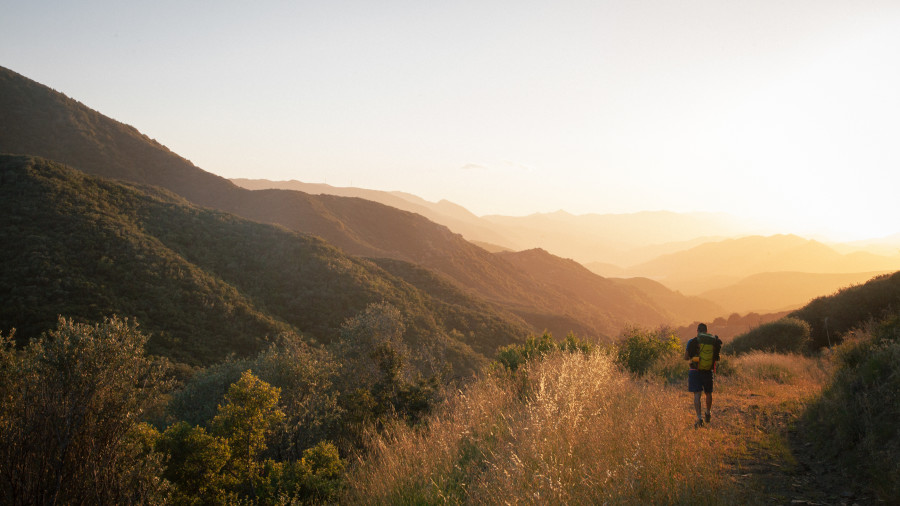
With the chaos of the Trump presidency and a hyper-partisan Congress, it is natural to assume that little good can come out of Washington, DC these days. When it comes to public lands, it’s been a troubling 18 months. President Trump, at the behest of Utah’s Congressional delegation, took a two-million-acre whack at Bears Ears and Grand Staircase Escalante National Monuments. Congress passed tax cut legislation, which included a provision to open the Coastal Plain of the Arctic National Wildlife Refuge to oil drilling. And Interior Secretary Ryan Zinke’s “all of the above” energy policy could devastate the same public lands that outdoor enthusiasts love for their recreation opportunities and solitude.
Amid all of this discouraging news, there are rays of hope. Public lands champions from both parties have introduced more than 20 bills that would protect special landscapes and waterways throughout the US. These bills would designate Wilderness and Wild and Scenic Rivers in Washington’s Olympic Peninsula, Oregon’s Rogue River Watershed, and California’s North and Central Coasts. They would protect lands around the Grand Canyon from mining, and around Chaco Canyon from oil and gas drilling. Beyond the Western states, separate bills would safeguard wild public lands in Tennessee, Virginia, and Texas.
Here’s a hypothesis. The outpouring of support for public lands triggered by President Trump’s unprecedented assault on our National Monuments has motivated pro-conservation political leaders to redouble their efforts to introduce and pass bills to protect those lands. Many of these conservation initiatives are not new, and have received funding from The Conservation Alliance since the Obama presidency. Others are new, and they are coming from unusual corners.
In Utah, Republican Senator Orrin Hatch – who retires at the end of 2018 – recently introduced legislation to protect nearly one million acres of land in Emery County, home of the iconic San Rafael Swell. The bill is not perfect, but it is an encouraging step in the right direction. His Republican colleague, Lamar Alexander of Tennessee, has been pushing a Wilderness bill for his home state for several years. With two leading Republicans committed to moving public lands bills, we could see some action during the post-election “Lame Duck” session of Congress. If the past tells us anything, that action could take the form of a package of public lands bills from members of both parties. Such a package could include the priority bills of influential Senate Democrats like Washington’s Patty Murray (Wild Olympics), Oregon’s Ron Wyden (Oregon Wildlands), New Mexico’s Martin Heinrich (Cerros del Norte), and Colorado’s Michael Bennet (Continental Divide).
Of course, many factors could shatter this optimistic vision. But it is important to remember that public lands conservation is a marathon, not a sprint. When George W. Bush was President, Congress was similarly intractable on conservation. During Bush’s eight years in office, The Conservation Alliance funded dozens of efforts to build local support for protecting landscapes and rivers throughout the US. Many of those initiatives took legislative form, but stalled in an uncooperative Congress. It was a discouraging time to be a public lands advocate. But, our grantees kept at it, and their friends in Congress kept pushing their bills. By the time Barack Obama took office in 2009, a large package of lands bills came together, and passed within three months of his inauguration. The Omnibus Public Land Management Act of 2009 protected three million acres of land and 1,000 river miles throughout the US, rewarding our patience and persistence.
We know that the Trump Administration and certain members of Congress will continue to attack our public lands system, and obstruct good conservation legislation. We will continue to challenge these assaults as we have over the past 18 months. But at the same time, we will work with our partners in the conservation and business communities to seek opportunities to move good measures forward.

